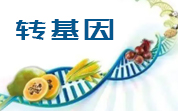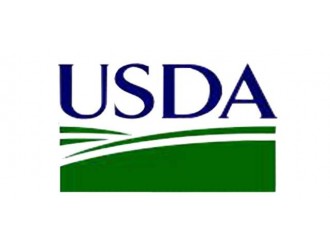部分原文报道如下9�/div>
The present opinion deals with the re-e
valuation of thaumatin (E 957) when used as a food additive. Thaumatin is a natural plant protein, co
nsisting of thaumatin I and thaumatin II proteins together with minor amounts of plant constituents, obtained by acidic aqueous extraction of the arils of the fruit of Thaumatococcus daniellii plant. The Panel followed the co
nceptual f
ramework for the risk assessment of certain food additives and co
nsidered that thaumatin is a digestible protein; adequate exposure estimates were available; there was no co
ncern with respect to the genotoxicity; no co
nclusion on oral allergenicity could be drawn from the available human data; no adverse effects were observed in sub-chro
nic toxicity studies in rats and dogs at the highest dose tested of up 5,200 and 1,476 mg/kg bodyweight (bw) per day, respectively, and in a prenatal developmental toxicity study up to 2,000 mg/kg bw per day; moderate co
nfidence in the body of evidence supported the absence of association between exposure to thaumatin and adverse health outcomes. Therefore, the Panel co
ncluded that there is no need for a numerical acceptable daily intake (ADI) for thaumatin (E 957) and, ba
sed on a margin of safety (MOS) of 5,417, co
nsidered to be an underestimate and derived using the highest 95th percentile (P95) exposure of 0.48 mg/kg bw per day in co
nsumers only, there is no safety co
ncern for thaumatin (E 957) at the regulatory maximum level exposure assessment scenario, which was co
nsidered the most appropriate. The Panel recommended that European Commission co
nsiders introducing in the EU specifications for thaumatin (E 957) a new specification limit for the minimum combined co
ntent of thaumatin I and II proteins in E 957, a specification limit for yeast, mould counts and Salmo
nella spp and lowering the existing maximum limit for arsenic along with the inclusion of maximum limits for mercury and cadmium.
本文由食品伙伴网食品资讯中心编辑,供网友参考,有任何疑问,请联系news@www.sqrdapp.com、�/span>










 地区9�/font>
地区9�/font>

 欧盟评估转基因玉米MO
欧盟评估转基因玉米MO
 欧盟评估一种麦芽糖淀
欧盟评估一种麦芽糖淀 美国拟撤销若干肉类叉�/a>
美国拟撤销若干肉类叉�/a> 鲁公网安� 37060202000128叶�/a>
鲁公网安� 37060202000128叶�/a>



